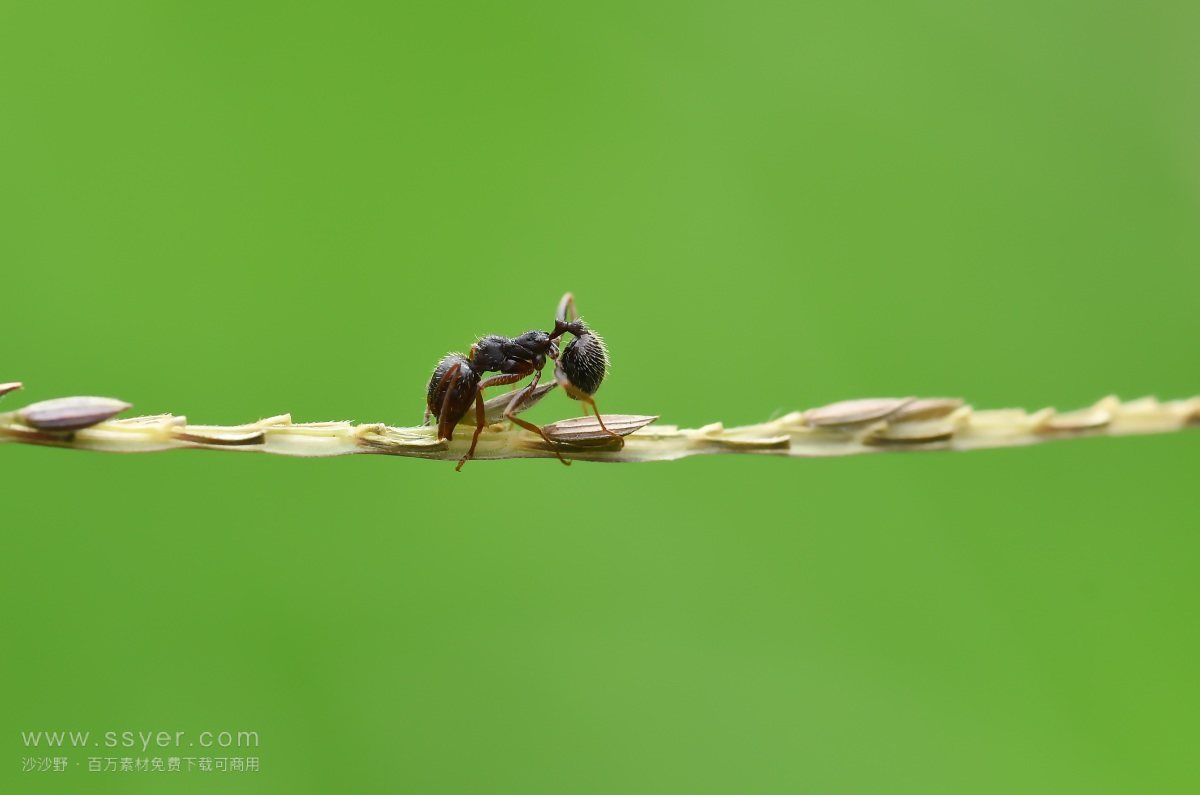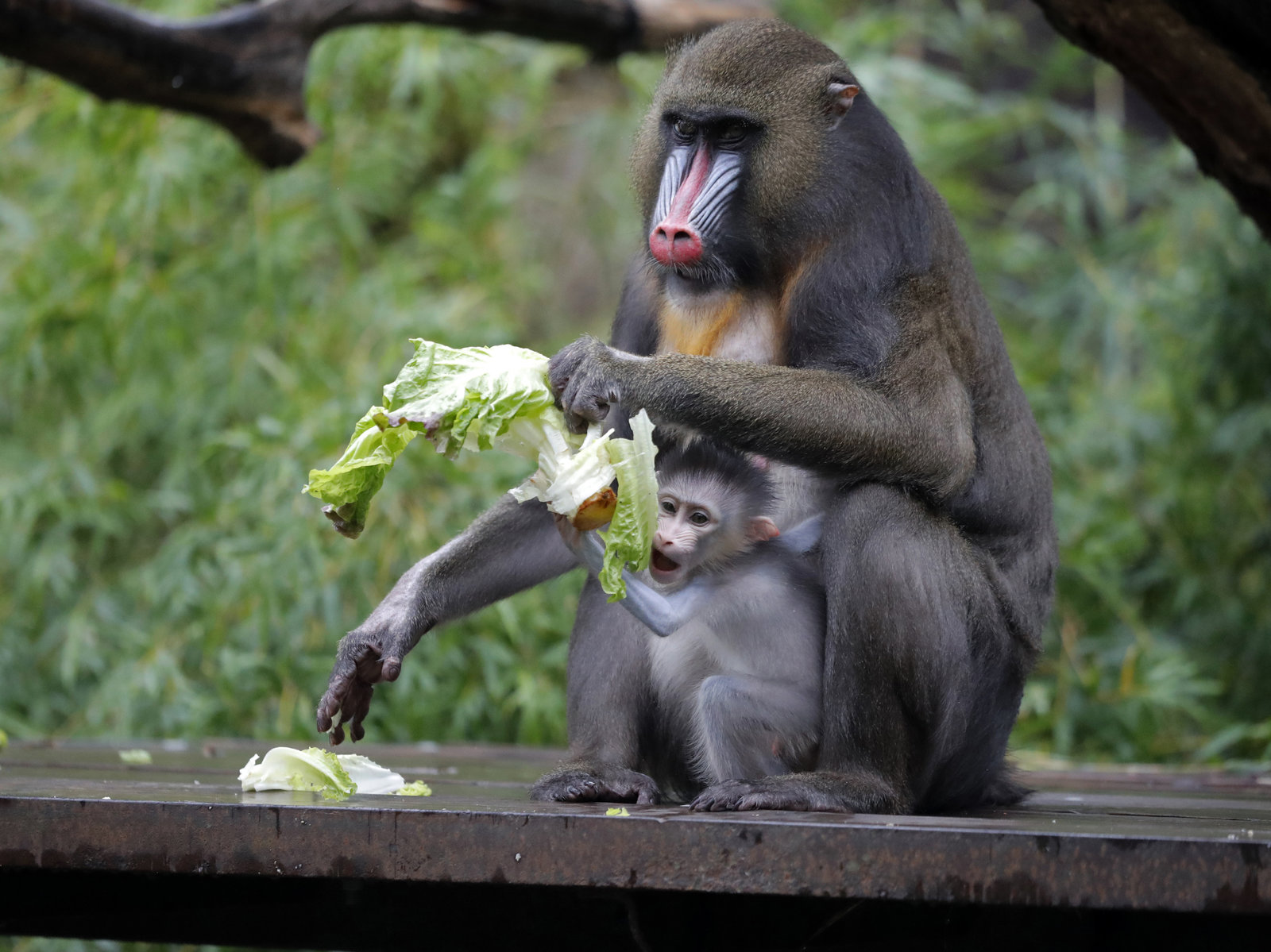龙虾和蚂蚁能教会我们什么是社交距离
龙虾和蚂蚁能教会我们什么是社交距离
Ants do it. Lobsters do it. Even equatorial mandrills do it. Why don't many Americans do it: Wear masks and keep a wise social distance from each other?
蚂蚁能做到。龙虾能做到。甚至赤道的山魈也会这样做。为什么很多美国人做不到:戴上口罩,保持明智的社交距离?
Scientific American reports this week how several animals seem to know how to take precautions and keep their distance so they're less likely to be infected by a peer.
《科学美国人》本周报道了几只动物似乎知道如何采取预防措施并保持距离,以减少被同伴感染的可能性。
Spiny lobsters, for example , can apparently sniff out infection in the urine of another lobster, and don't get too close to them.
例如,棘龙虾可以明显地从另一只龙虾的尿液中嗅出感染的迹象,从而不会离它们太近。
University of Florida researchers discovered this when a virus spread among spiny lobsters in the Florida Keys. As Dana M. Hawley and Julia C. Buck write in Scientific American, "Despite how unnatural it may feel to us, social distancing is very much a part of the natural world."
佛罗里达大学的研究人员在佛罗里达群岛的棘龙虾中传播病毒时发现了这一点。正如达纳M·霍威和茱莉亚C·布克在《科学美国人》中所写的那样,“尽管对我们来说这是多么不自然,但社交距离是自然世界的重要组成部分。”
A 2018 study at the University of Bristol found that when ant colonies are exposed to a virus, ants keep their distance. Forager ants, who are out and about to scrounge up plant saps and insect eggs, stay outside of the colony, so they don't risk infecting the queen ant and her nurses. Reproduction can safely proceed.
2018年,布里斯托大学的一项研究发现,当蚁群接触到病毒时,蚂蚁会保持距离。外出觅食的蚂蚁,它们外出搜寻植物的汁液和昆虫的卵,会呆在蚁群之外,这样它们就不会有感染蚁后和她的护士的风险。繁殖可以安全地进行。

I found mandrills, with their vividly colored countenances, to be the most intriguing. Mandrills don't just send text messages to each other. "Hey u up a tree?" They are highly social beings who live in groups and groom each other, which fosters cleanliness, family friendliness, and what scientists call social bonding.
我发现最吸引人的是山魈,它们的脸颜色鲜艳。山魈不只是互相传达信息。“嘿,你在树上吗?”它们是高度社会化的生物,群居并互相梳理,这有助于清洁,家庭友好,以及科学家所说的社会联系。

A 2017 study of mandrills in Gabon found that they altered their habits when they sensed — which is to say smelled — one of their group was infected. They didn't shun or abandon that family member.
2017年对加蓬(地名)的山魈的一项研究发现,当它们感觉到,也就是闻到其中一组中的一只被感染时,它们会改变自己的习惯。他们并不会回避或抛弃那个家庭成员。
So why do so many humans decline to keep a safe distance from others under the threat of an infection when lobsters, ants and mandrills are so vigilant? Why do some people adamantly refuse to wear a face mask or keep six feet away from people?
那么,在感染的威胁下,龙虾、蚂蚁和山魈都非常警惕时,为什么有那么多人拒绝与其他人保持安全距离呢?为什么有些人坚决拒绝戴口罩或与人保持6英尺的距离?
Lobsters, ants and mandrills don't watch cable news. They can't scour the Internet and social media sites for gobbets of misinformation to fool themselves into thinking this virus which has sickened and killed so many is somehow unreal or hyperbolized.
龙虾、蚂蚁和山雀不看有线新闻。他们不能在互联网和社交媒体网站上搜索错误信息,以欺骗自己,让自己认为这种已经导致众多人生病和死亡的病毒在某种程度上是不真实的或夸张的。
- 频道推荐
- |
- 全站推荐
- 推荐下载
- 网站推荐


















